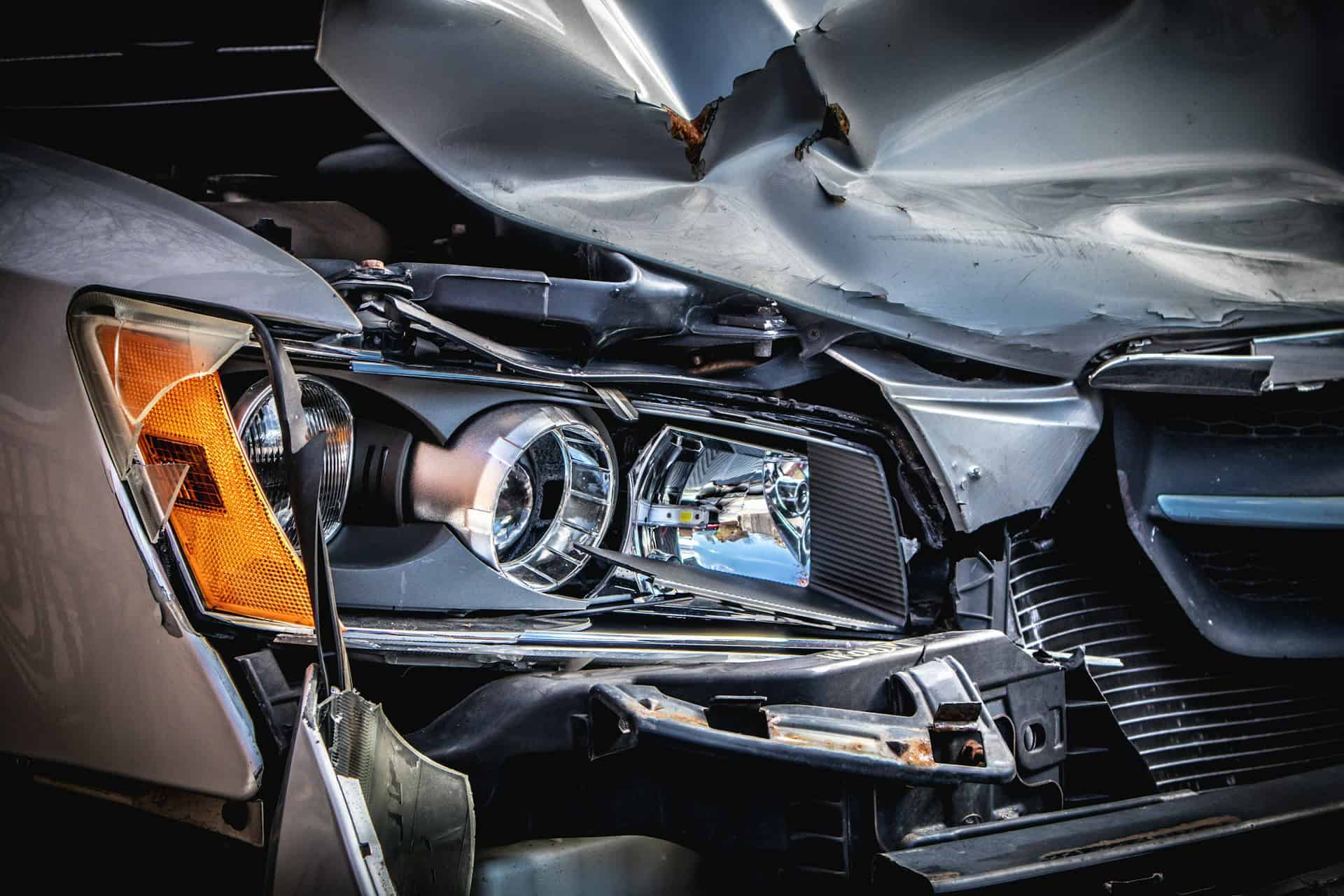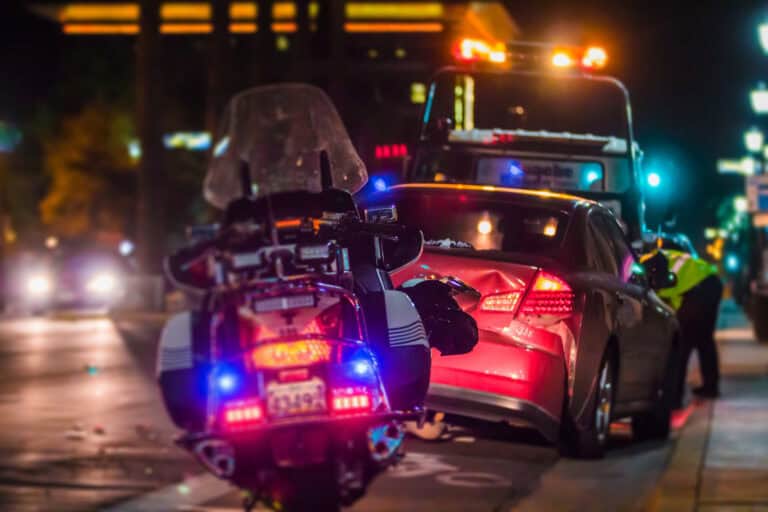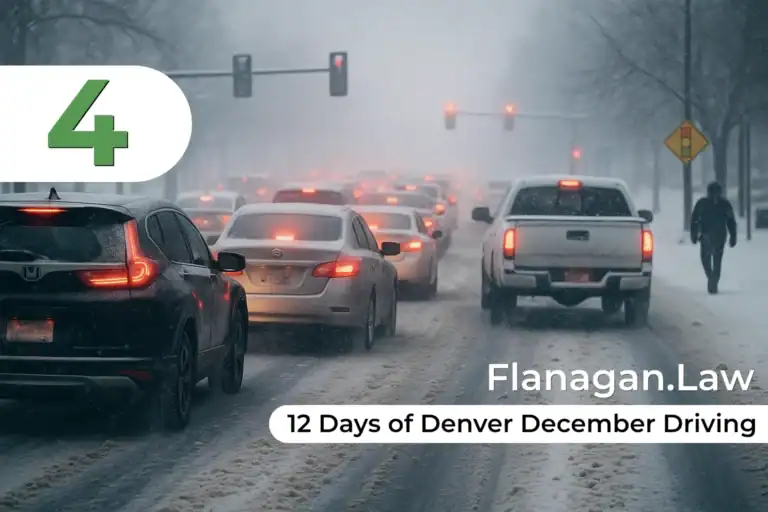What Are the Most Common Injuries from Car Accidents in Denver?

Car accidents can happen in an instant, but their effects can linger long after the crash. In a bustling city like Denver, with its heavy traffic and busy streets, car accidents are unfortunately not uncommon. Understanding the most common types of injuries from car accidents can help individuals take precautions, recognize symptoms early, and seek the appropriate treatment. This article explores the most frequent injuries associated with car accidents in Denver and what to do if you experience one.
Introduction: Why Knowing Common Injuries Matters
Whether commuting through Commerce City or navigating the crowded roads of Aurora, understanding the common injuries resulting from car accidents is important. Recognizing potential injuries early on can lead to faster treatment and recovery. Additionally, being aware of the types of injuries that frequently occur in car accidents can guide your discussions with medical professionals and help support potential legal claims.
The Most Common Car Accident Injuries
1. Whiplash and Neck Injuries
One of the most common injuries from car accidents, especially in rear-end collisions, is whiplash. This injury occurs when the head is suddenly jerked forward and backward, straining the muscles and ligaments in the neck. While it may seem minor at first, symptoms can develop hours or even days after the accident and can include:
- Stiffness and pain in the neck
- Dizziness and headaches
- Difficulty moving the neck
Example Case: A resident in Denver was involved in a fender bender on their way to work. Initially, they felt only a slight stiffness, but within 24 hours, severe neck pain set in. Seeking medical attention revealed a moderate case of whiplash that required physical therapy.
2. Back Injuries
The impact of a car accident can cause significant stress to the spine, leading to back injuries ranging from muscle sprains to herniated discs. These injuries can lead to chronic pain, limited mobility, and long-term complications if not properly treated.
Common Symptoms:
- Persistent lower back pain
- Tingling or numbness in the limbs
- Reduced flexibility
Head Injuries and Traumatic Brain Injuries (TBIs)
1. Concussions and Head Trauma
Even a minor accident can cause the head to strike the steering wheel, window, or dashboard, leading to a concussion or other forms of head trauma. Concussions may present immediate symptoms such as dizziness, headaches, or confusion, but it’s also possible for symptoms to appear later.
2. Traumatic Brain Injuries
In more severe cases, traumatic brain injuries (TBIs) can occur, resulting in long-term cognitive and physical impairments. Immediate medical attention is crucial for any head injury, regardless of the perceived severity.
Example Scenario: A motorist in Commerce City experienced a mild collision but later began to have difficulty concentrating and developed persistent headaches. A visit to their doctor confirmed a minor concussion that needed monitoring to prevent further complications.
Chest Injuries
1. Bruising and Internal Injuries
The force of a seatbelt during a collision can protect you from greater harm, but it can also cause chest bruising and even damage to internal organs. Rib fractures are another common chest injury resulting from the impact.
2. Heart Complications
For some individuals, especially those with pre-existing conditions, the trauma from an accident can exacerbate heart problems. Symptoms of chest injuries can include difficulty breathing, sharp pain, and tenderness.
Arm and Leg Injuries
1. Fractures and Sprains
When a collision occurs, passengers often brace themselves instinctively, leading to arm and wrist fractures or sprains. Knees can also hit the dashboard, causing fractures, bruising, or ligament damage.
2. Cuts and Bruises
Broken glass, debris, and airbags can lead to cuts, scrapes, and bruising. While these may seem minor, deep cuts may require stitches or lead to infection if not treated.
Example: A driver in Westminster was involved in a T-bone accident and suffered a fractured wrist from bracing against the steering wheel. Immediate medical attention and follow-up care, including a cast and physical therapy, ensured proper healing.
Psychological Effects
1. Emotional and Psychological Trauma
Physical injuries are not the only outcome of car accidents. Emotional and psychological trauma, such as anxiety, depression, or post-traumatic stress disorder (PTSD), can develop after an accident, affecting daily life and work.
Symptoms of Psychological Trauma:
- Reluctance to drive or ride in a car
- Flashbacks or intrusive thoughts about the accident
- Sleep disturbances or nightmares
Recognizing these symptoms and seeking mental health support is just as important as addressing physical injuries.
What to Do After a Car Accident
1. Seek Medical Attention Immediately
Even if you feel fine initially, it’s essential to get a medical evaluation after an accident. Some injuries may not show symptoms right away but can lead to long-term health issues if left untreated.
2. Document Your Injuries and Treatment
Keeping detailed records of your medical visits, treatments, and related expenses is crucial if you plan to pursue an insurance claim or legal action.
3. Consult with an Attorney
Consulting with an experienced attorney can help you understand your rights and options for compensation. They can assist in navigating the complexities of dealing with insurance companies and ensuring your claim is handled fairly.
Example: A resident of Broomfield involved in a multi-car accident sought guidance from a personal injury attorney who helped them file an insurance claim and secure compensation for their medical expenses and lost wages.
Conclusion: Prioritize Your Health and Protect Your Rights
Understanding the most common car accident injuries and how to address them is a vital step toward recovery. From seeking medical attention to consulting with a legal professional, each step plays a crucial role in protecting your health and financial stability. If you or a loved one have been in a car accident in Denver or any nearby cities, staying informed and prepared can make all the difference.
FAQ
1. What is the most common injury from a car accident?
Whiplash is one of the most common injuries, especially in rear-end collisions.
2. Should I see a doctor if I don’t feel injured?
Yes, some injuries may not present symptoms immediately. A medical evaluation can catch issues early and document your condition.
3. Can I claim compensation for psychological trauma?
Yes, compensation can cover both physical injuries and psychological effects such as anxiety or PTSD.
4. How do I prove that my injuries were from the accident?
Medical records, witness statements, and a police report can help establish the connection between the accident and your injuries.
5. What if I’m partly at fault for the accident?
Under Colorado’s comparative negligence law, you can still seek compensation if you are less than 50% at fault. Your compensation will be reduced based on your percentage of fault.
4o






